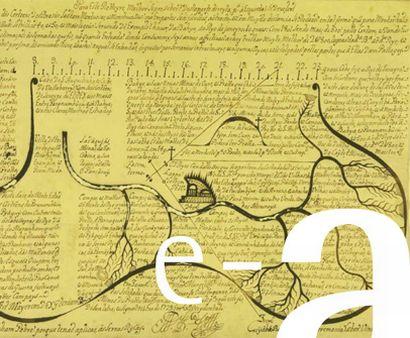Brazilian party formation: questions of ideology, party labels, leadership, and political practice, 1831-1888
DOI:
https://doi.org/10.11606/issn.1808-8139.v0i10p54-63Keywords:
political practices, monarchy, slavery, legislative power, parliamentary debates, liberalismAbstract
This is a response to comments by R. Salles and M. Dantas, and discusses the use of Gramscian terminology, ideological differences between the parties, party names used during the Regency and Second Reign, and political practice at the provincial and national levels. It argues that the saquaremas were not a hegemonic party, that their leaders were organic, that the differences between the parties were fundamental on certain points, and that the use of party names in the text debated derive from contemporary usage and meaning. The response also comments on the fundamental differences involved in the Additional Act, on the significance of the reactionary centralizing legislation, and, finally, on the success and limitations of both State power and of provincial political mobilization in affecting provincial government, national policy, and imperial political practice.Downloads
Download data is not yet available.
Downloads
Published
2009-11-01
Issue
Section
Forum
License
In the Editorial Guidelines, available in the website, readers are informed that all authors transfer to Almanack Braziliense the exclusive rights of reproduction of submitted manuscripts, implying acceptance of all items listed in the “Submission Guidelines” page. Authors are also informed that they are fully responsible for the reproduction rights of the images they provide.
The Journal has no constraints regarding the free reproduction of the texts available in the website, either by printing, photocopying or by any other means of reproduction.



